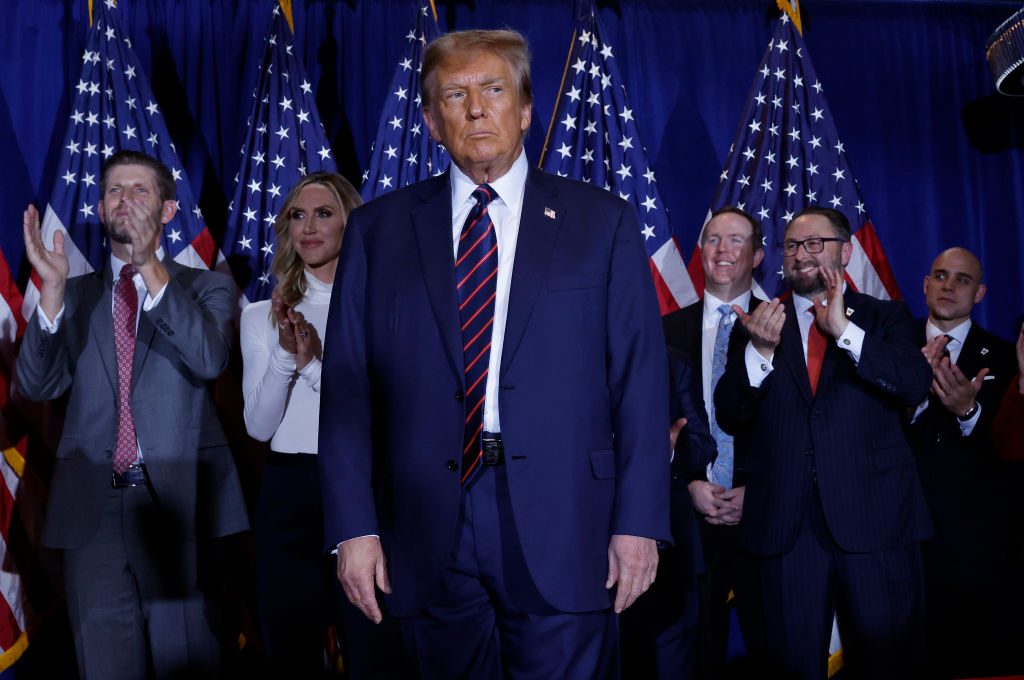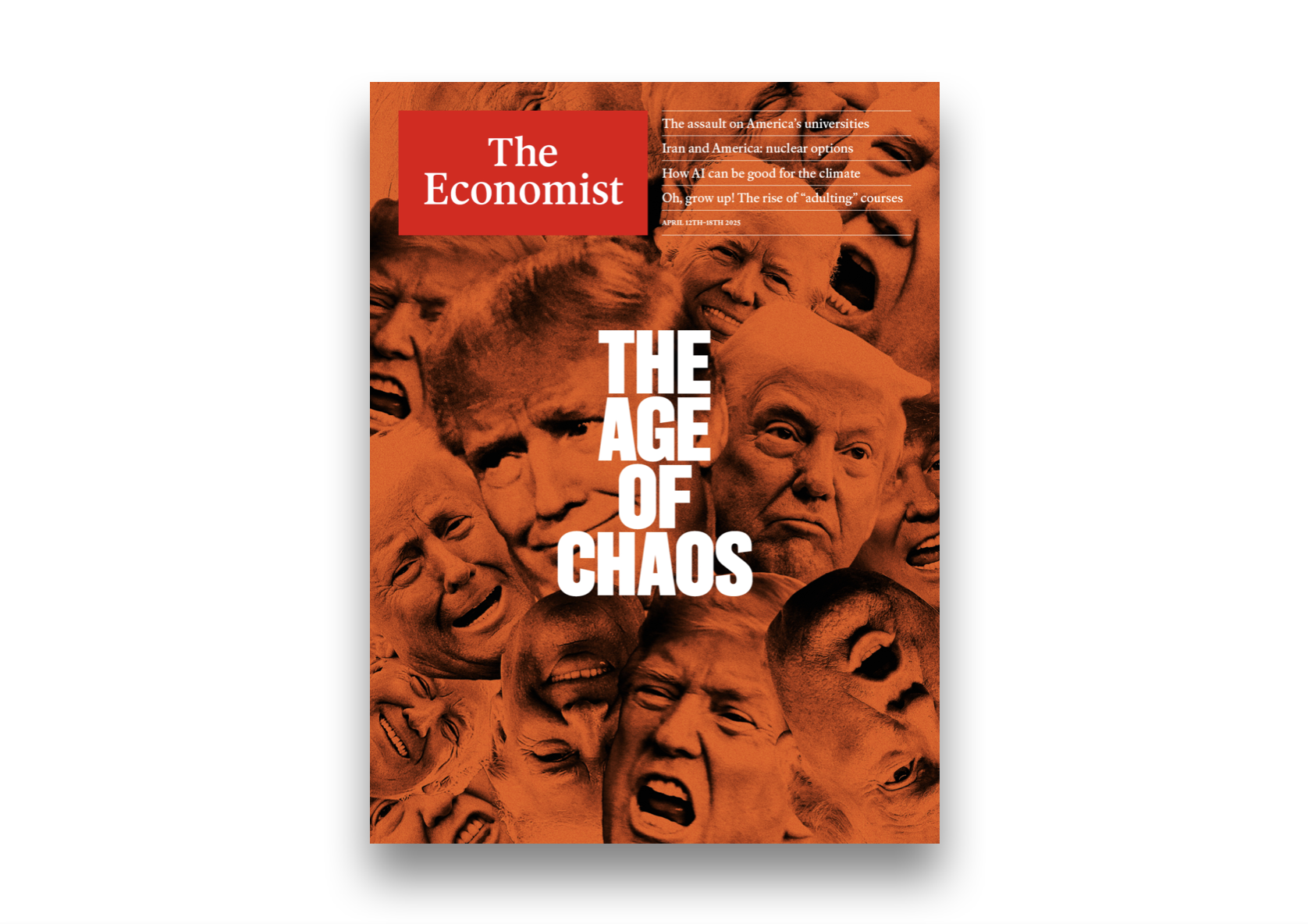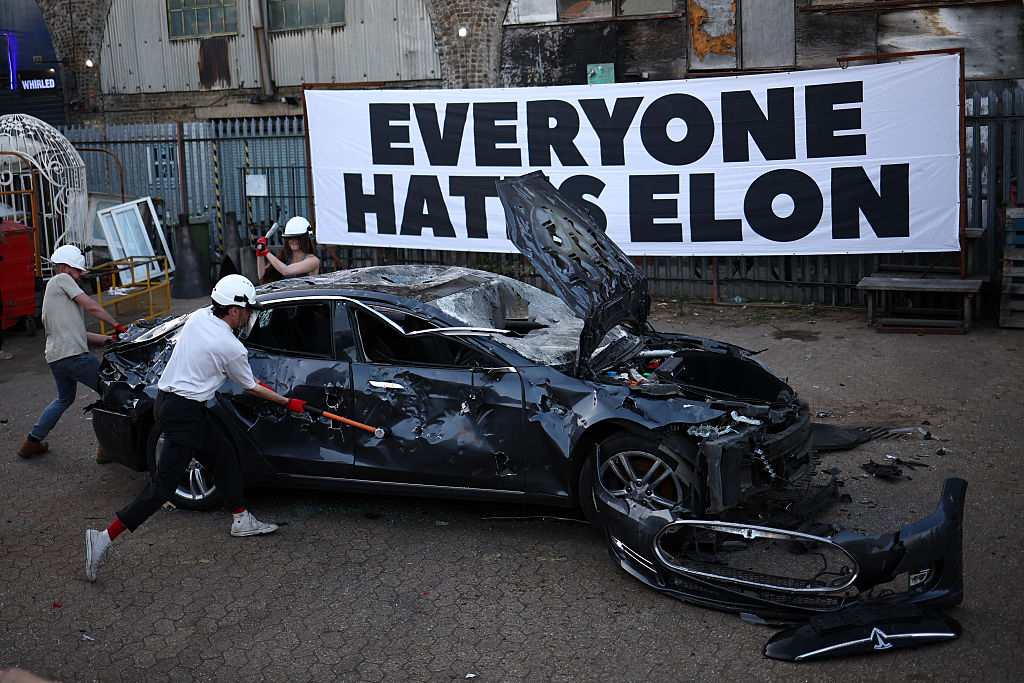The US primaries are over. Trump whacked Nikki Haley in New Hampshire; if she could win anywhere it was there, and she didn’t, so she’s done. Joe Biden didn’t even bother. The result? The most inadequate, boring primary season in living memory. North Korean elections are more unpredictable than this.
For those of us who love politics, primaries are usually more interesting than the November general election. In the general, candidates run to the center; in the primary, they run to the edges, articulating a philosophy and galvanizing its constituency. You get contests of insider versus outsider (Clinton versus Obama, 2008); establishment versus radical (Clinton versus Sanders, 2016).
But the best seasons are when we see a smörgåsbord of worldviews, capturing the socio-economic concerns of an era. In 2008, John McCain (vaguely moderate) was opposed by a right-wing Mormon (Mitt Romney), but we also heard from candidates who were anti-immigrant (Tom Tancredo), anti-war (Ron Paul) and populist (Mike Huckabee), disconnected positions that would coalesce into Trumpism by 2016. In other words, primaries are the real laboratory of ideas — as well as a pageant of political personalities. Who can forget Howard Dean screaming into his mic in 2004? Or John Edwards combing his hair like Barbie?
If the general is operatic, the primary is personal — trudging through the snows of Iowa, shaking hands in a casino in Las Vegas — the last chance for a future president to meet the folks face-to-face before they disappear behind a phalanx of security. In short: a good primary makes for a better general, and the distinct lack of action in this one is a comment on the decline of American politics.
Fans of Trump and Biden will say that they faced no opposition because they’re what the people want. Well, polls suggest that their parties might be sold on them but the country is not, and they’re widely regarded as the most dismal choices in years. The Democrats have yet to explain why they are backing a senile president for re-election, except to suggest he’s the only man who can beat Trump (Gavin Newsom showed some leg late last year but didn’t poll well). Trump, meanwhile, is clearly wildly popular with his base and, you sense, a phenomenon the Republicans have to be allowed to get out of their system. But are we really saying Ron DeSantis and Nikki Haley were the only alternatives available?
Go back to a primary year like 1976 and, again, the striking quality is the diversity. The Republican president (Gerald Ford) was challenged by the former governor of California (Ronald Reagan), while the Dems had the choice of a neocon senator (Scoop Jackson), a one-eyed Mormon liberal (Mo Udall), the racist governor of Alabama (George C. Wallace) and a peanut farmer from Georgia (Jimmy Carter, still alive). OK, so this political cohort had given us Vietnam, Watergate and stagflation — but it looks golden compared to today, a generation of very smart people (Carter studied nuclear physics) who, if nothing else, embodied a nation that was still as much defined by region and class as ideology (Frank Church of Idaho — a liberal who was pro-gun and mildly pro-life — swept the Mountain states).
The brevity of our season is not only a verdict on Trump and Biden, but the entire sclerotic, shambolic tribe that currently runs DC. Many of them are now anonymous — shout if you can name the House minority leader — and haven’t the talent or guts to challenge their leaderships. Now we can look forward to an election in which the key decisions are taken not by those grassroots voters demonized as “ideologues” by the elites, but by court judges who might imprison Trump or bosses who might gently persuade Biden to bow out at the convention.
And the end result will be decided by the electoral college, not the popular vote, adding to the feel that the whole system is broken. The American Republic does not look well.


























Leave a Reply